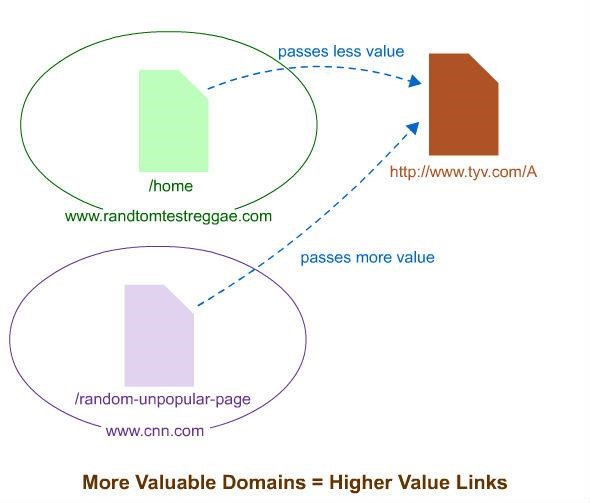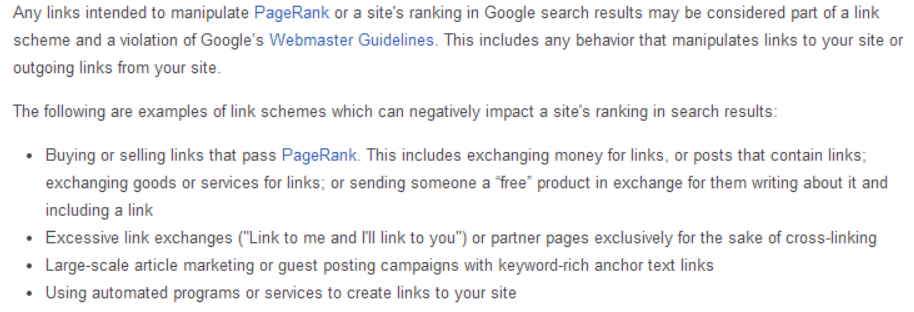June 19 2014
What Are Backlinks & Why Are They Important to Your Site
A Guide to Understanding Links: Part 1
When it comes to organic visibility on the Internet, there are over 200 factors that Google considers to determine where to rank a web page for a user’s query. Among those factors, some of the most important include on-page components like content and off-page references, like backlinks for determining the popularity and relevancy for a web page.
What is a Backlink?
A backlink refers to an external domain that links to a page (or pages) on your website. For example, if CNN linked to TopSpot Internet Marketing’s website, then that would be considered a backlink for TopSpot.
When search engines crawl the web, they use links to understand the relationship among websites and webpages. They also use links as signals for relevancy, trust and authority, which is why obtaining high-quality backlinks is important for visibility in search engines. A link from an external website can be thought of as a vote for your site. If reputable sources are linking to your website, then search engines understand that you may be a trusted, relevant result for a user’s query.
Since backlinks play a big role in how search engines determine the value, strength and relevance of a website, many SEO strategies include plans for getting links. Generally, the more high quality links you have, the better your chances for visibility in search engines. Notice that the key phrase in that last sentence was “high quality.”
Source: Moz
One link from even a less popular page on a high-value domain is better than a more popular page on a low-value domain. More valuable domains generally have higher value links.
Not all links are equal and the more links you have doesn’t necessarily mean you’re better off.
Manipulation of Backlinks & How Google Has Combated Spammers
Over the years, many companies and people have employed strategies for obtaining links from whoever and wherever they can without focusing on quality, relevance and the impact it could have on their website. In every industry, there are always people who try to find shortcuts and ways to bend the rules. At one point in the Search industry, submitting websites for free or for a fee to article directories, link directories and content networks were how many companies were seeing results for rankings.
Google has always recommended against obtaining links to manipulate search results. But in 2012, they became better at enforcing their quality guidelines. Like any business that wants to improve the quality of their product for their customers, Google made changes to their algorithm to combat webmasters who were winning with poor, manipulative link building strategies.
What is the Penguin update?
The Penguin update occurred on April 24, 2012 and targeted websites who were violating Google’s quality guidelines, mainly participating in manipulative link building strategies. Since 2012, Penguin has been updated multiple times with the same goal of reducing trust that Google has in sites that participate in unnatural link building.
Not all Link Building is Bad
For any website, it’s important to understand what a backlink is and how it can affect your website. Not all link building is bad and there are many ways to gain high-quality links to help out your site.
There are many companies who help businesses build quality links and there are many who “claim” to as well. If a company approaches you with a link building strategy that includes some of the following, consider it a red flag:
- Link packages
- Promising x amount of links in x amount of time
- Links to high PR (page rank) directories
- “Penguin proof” links
The process to high quality link building is the same process it takes to build a great reputation for your business: effort and time.
A Guide to Understanding Links: Part 2
Many questions remain: How do you know if your backlinks are of low quality and if so, what should you do? How do you build links in a post-Penguin world? In Part 2, I’ll be discussing how to look at your links to determine if you should take action and a few tips for gaining high quality links.



